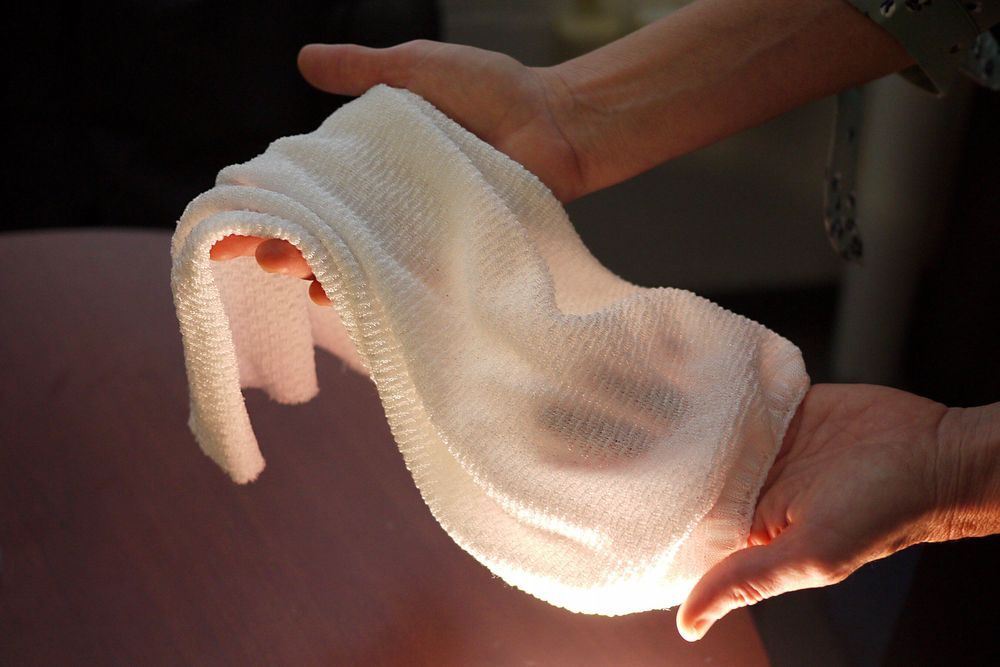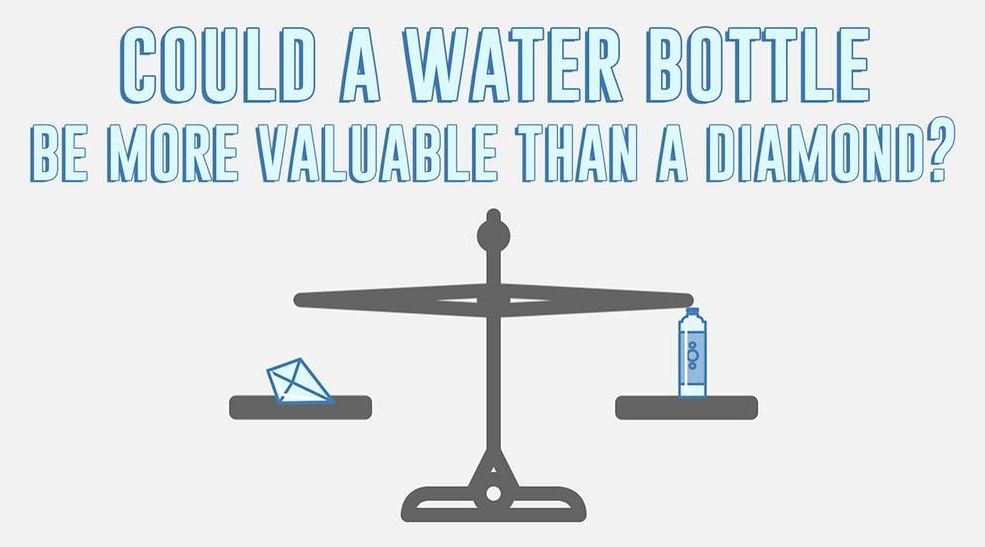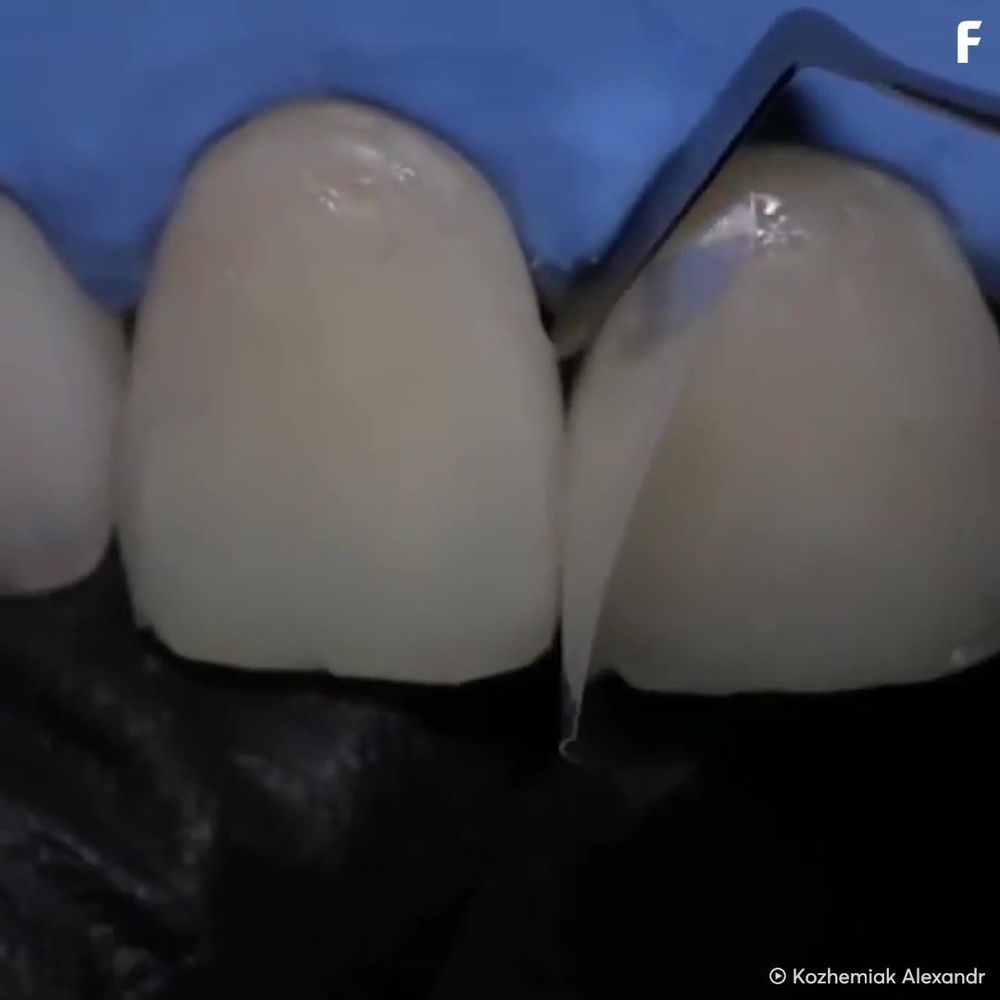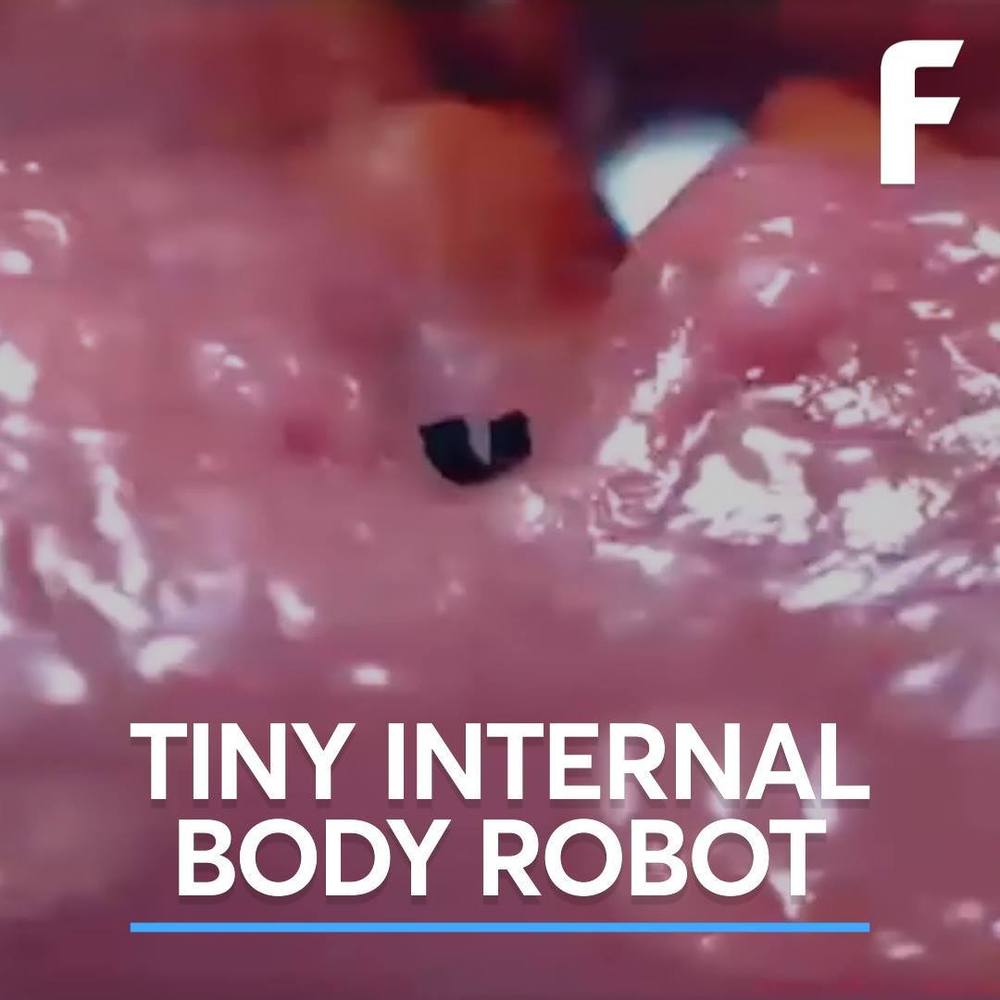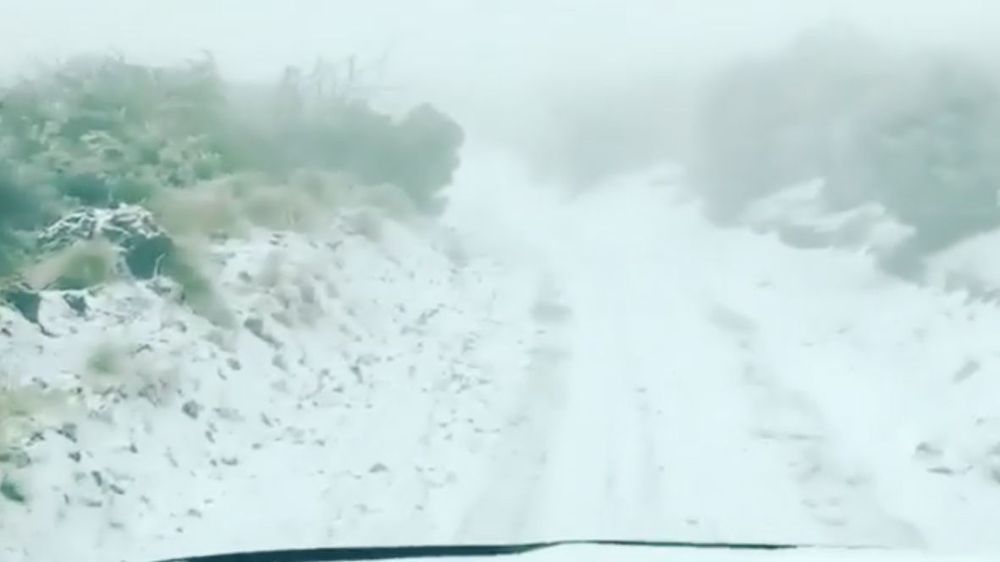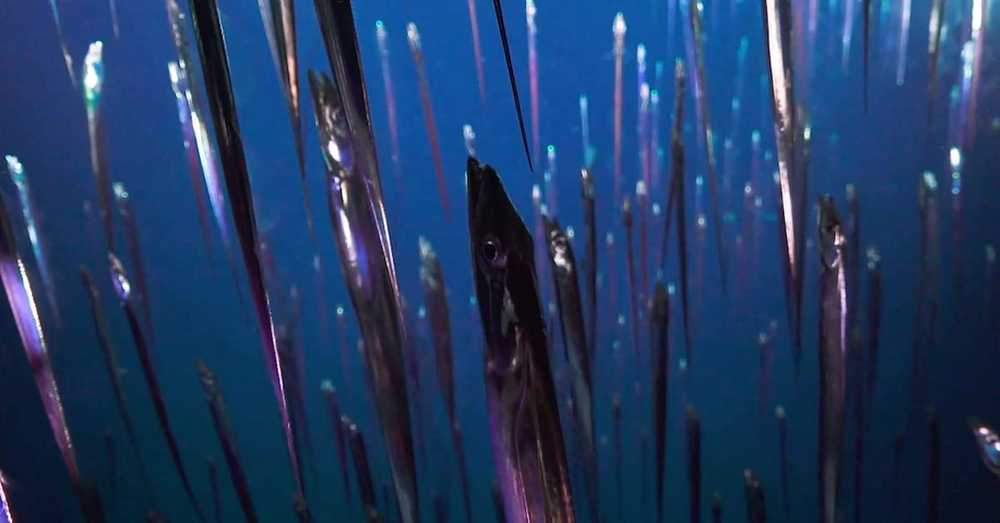Dressing in layers is usually the easiest way to ensure that you won’t be uncomfortable at any point in the day. If things get too hot, just shed a layer and you’re good, and if you get chilly again, just slip it back on. But what if you didn’t have to do that at all? What if your clothing could tell if you were too hot or too cool and adjust accordingly?
That’s exactly what researchers from the University of Maryland seem to have accomplished with an incredibly unique kind of new fabric that actually changes depending on your body temperature.
